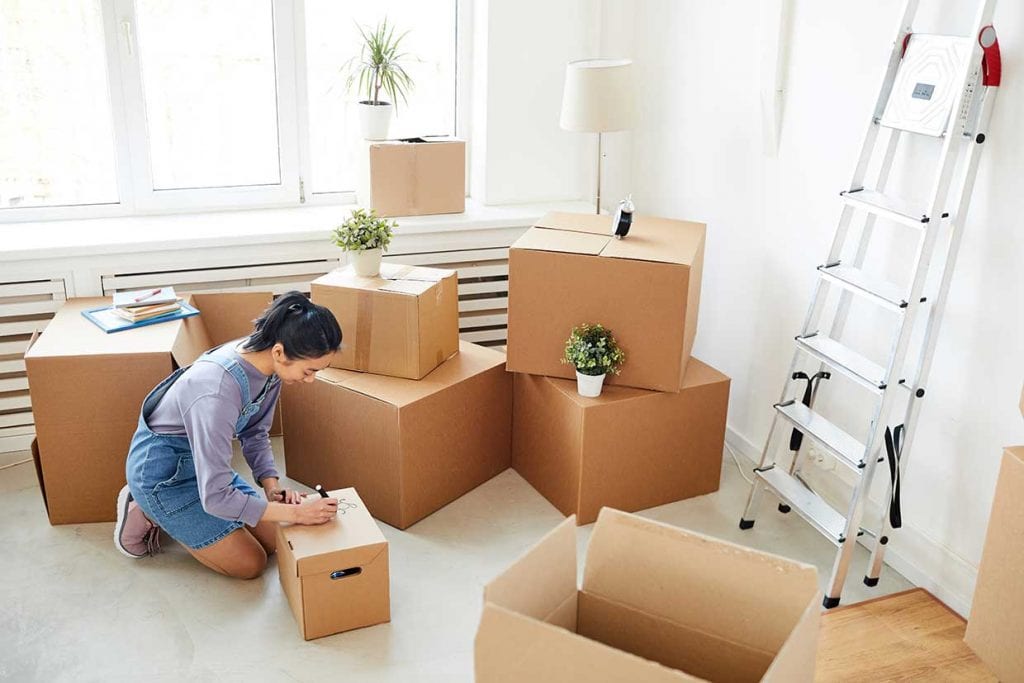For the past four months, the coronavirus disease 2019 (COVID-19) has dramatically changed the lives and routines of many. In March, President Rodrigo Duterte declared many parts of the country under enhanced community quarantine (ECQ).
We have spent months inside our homes, hoping to curb the rise in the number of positive cases. While isolating, we have started a variety of activities to make our time productive, including cleaning our homes from top to bottom. At the same time, we learned a lot about the deadly virus. We learned for instance that the virus can live for a period of time on surfaces or objects. Because of this, many people are realizing the need to get rid of excess furniture in their homes and to live minimally.
Understanding minimalism
Minimalism, which started as an American visual arts movement in the 1950s, is a style or technique that is characterized by extreme sparseness and simplicity ― and to some degree, intentionality, according to the website Becoming Minimalist.
For many minimalists, the philosophy is about getting rid of excess items that are distracting us and living life based on experiences rather than worldly possessions.
How to live minimally:
Self-reflect. What do you want to achieve by living minimally or do you simply want to declutter?
Take baby steps. The minimalist lifestyle doesn’t have to be adopted automatically. Take baby steps by taking note of what you need, creating small and clutter-free spaces, and when you’ve finally decided on getting rid of some of your possessions make three piles: to keep, to donate or toss, and the maybe.
This method is a simple way of cutting down the clutter.
YONO (You only need one). When you’re done dividing your possessions into the three piles, check if there are any duplicates. Do you really need two copies of the same book? But also use discretion when determining what to get rid of or not.
Do less, live more. Learn to prioritize what is important to you and then shift toward those priorities. For example, if one of your priorities is to relax more, you can do so by spending less time on your phone and meditating more.
Once you are able to live minimally, you can see how beneficial it is.
The many benefits of a minimalism lifestyle include:
Spending less. Choosing to accumulate only the essentials results in financial freedom, which in turn would translate into more savings.
Less stress. A minimalist home is significantly less stressful and more liberating. One has more freedom to move and to rest. It’s also less stressful to search for things in a minimalist household.
Easier to clean. Many Filipinos tend to reminisce, equating a material item to a memory or person. By shifting to a minimalist lifestyle, one will have fewer things to clean, making it an easier chore and the extra time may be spent with loved ones.
More freedom. As previously stated, having less items means freedom to move, as well as freedom from comparing oneself to others. By freeing ourselves from material things, we then feel a sense of independence. Nobody needs the newest flat screen television set every year, or even the latest smartphone in order to live a life worth living.
Good for the environment. By consuming and buying less, the less damage we inflict on Mother Earth.

Be more productive. By having fewer possessions, we can shift our focus to other activities.
Own higher quality things. By practicing minimalism, we spend only on the best things the market has to offer. Having more does not automatically mean it is better.
Minimalism in a mid- and post-COVID-19 society
COVID-19 has caused people to reevaluate their lives and their lifestyle, while minimalism’s core is to think critically about what’s necessary and what’s not.
Indeed, minimalism has a place in a pandemic primarily because it has taught people to be more self-sufficient and appreciate simple living ― which will become more important in a post-COVID-19 society. The future is still uncertain as the path toward finding either a vaccine or a cure is still underway, but what is certain is that through the COVID-19 pandemic, people have come to realize what is more important to them and how to live it with the time they have.
